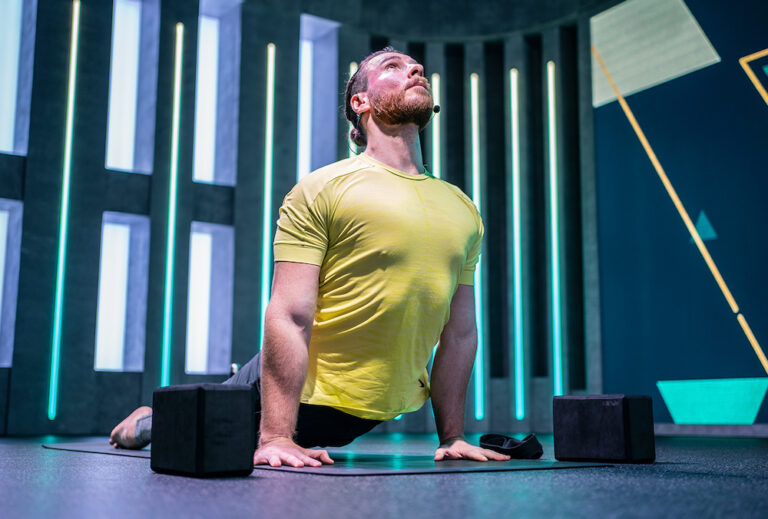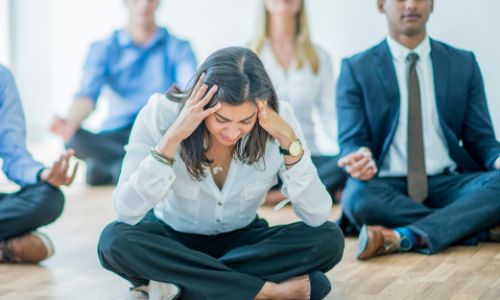Let’s Talk About Men’s Health – Nick’s Story
Talking about Men’s Health is something we think needs to be encouraged and done more often.
Four of our Body Mechanics clients have shared their stories about what causes them stress, how they manage that stress and their overall health and wellbeing and in this blog we will hear Nick's story.
It’s interesting to discover what health and wellbeing means to different people and its context in their everyday life.
Nick Thompson
Key Facts
- 41
- GM iManageAI
- 2 kids - Ben 6 and Annabelle 9
- Gorgeous wife (batting well above my average)
- No pets although definitely considering one
"Life is never simple nor consistent and can’t be “controlled” so my aim is to do what’s necessary to live in and enjoy the moment so I don’t miss what matters most"

Biggest stressor?
My biggest stressors are definitely work related – I am a problem solver and tend to want to dive into problems to get them resolved as quickly as possible. That uses up tremendous amounts of energy. When in my type of role, it can be better to take a marathon vs sprint mentality given that “problems” are ever present.
How do you manage that stress and your health and wellbeing?
Like everyone I have times when I can manage the stress effectively and then other times less so. Additionally, I am an anxiety sufferer. It is therefore hugely important to my well being that I have a way to manage my mental and physical health. So I have two main approaches – one is to focus on the mental aspects and the other the physical. Starting with the latter, I always ensure that I have a physical goal that I am working towards such as entering races or competitions, that require me to train and therefore ensures I dedicate time to getting away from work.
I have two main approaches – one is to focus on the mental aspects and the other the physical
In recent years I’ve entered events like the Henley Swim Marathons, London Marathon and Otillo SwimRuns – all of which ensure that each week I need to carve out at least 6-7 hours worth of training time and to keep eating healthily.
From a mental health perspective – and it sounds cliche – but it's good to talk. It never works for me to let things stew inside – much more effective for me has been speaking to close friends, family and folks I work with, to share experiences and hear how common my experience is for others and so share ideas and techniques to manage your mental wellbeing.
For me, the best antidote is knowing you’re not alone in how you feel and hearing other perspectives. So for me the perfect combination is to sign up to these annual races and competitions with friends so you can train together, socialise and talk!
For me, the best antidote is knowing you’re not alone in how you feel and hearing other perspectives
What do you gain from your competitions?
Mostly it's all about peace of mind. I don’t enter competitions with the focus of winning against others, it's about personal challenges and goals, then enjoying the experience. I can’t describe the sense of wellbeing I get when I find myself in hidden and beautiful parts of the country of the world, that I wouldn’t have otherwise seen if I hadn’t entered a race or competition that scared me.
On top of that I spent my twenties carrying injuries, having surgery on a pair of dodgy knees and with an unhealthy focus on work, I gained a significant amount of weight. In 2012 when my daughter was born things had to change and by changing my focus away from work and getting healthy - I shifted 40lbs and have kept it off since. So having these physical challenges helps me not only mentally, but gets me away from the desk and keeps the weight off!
My health and wellbeing aims...
My aims really all boil down to the pursuit of happiness. Life is never simple nor consistent and can’t be “controlled” so my aim is to do what’s necessary to live in and enjoy the moment so I don’t miss what matters most. Family, friends, connections. Work and health stressors have the power to make you focus on the direct opposite of what’s good for you, making you worry about things that have either happened or might happen. So managing stress, giving myself some slack and focusing on being present are the aim!
Please only provide information you are comfortable sharing. Your data is submitted anonymously and is not shared outside of The Body Mechanics Team. We value your privacy. Thank you for your participation. We value your insights.




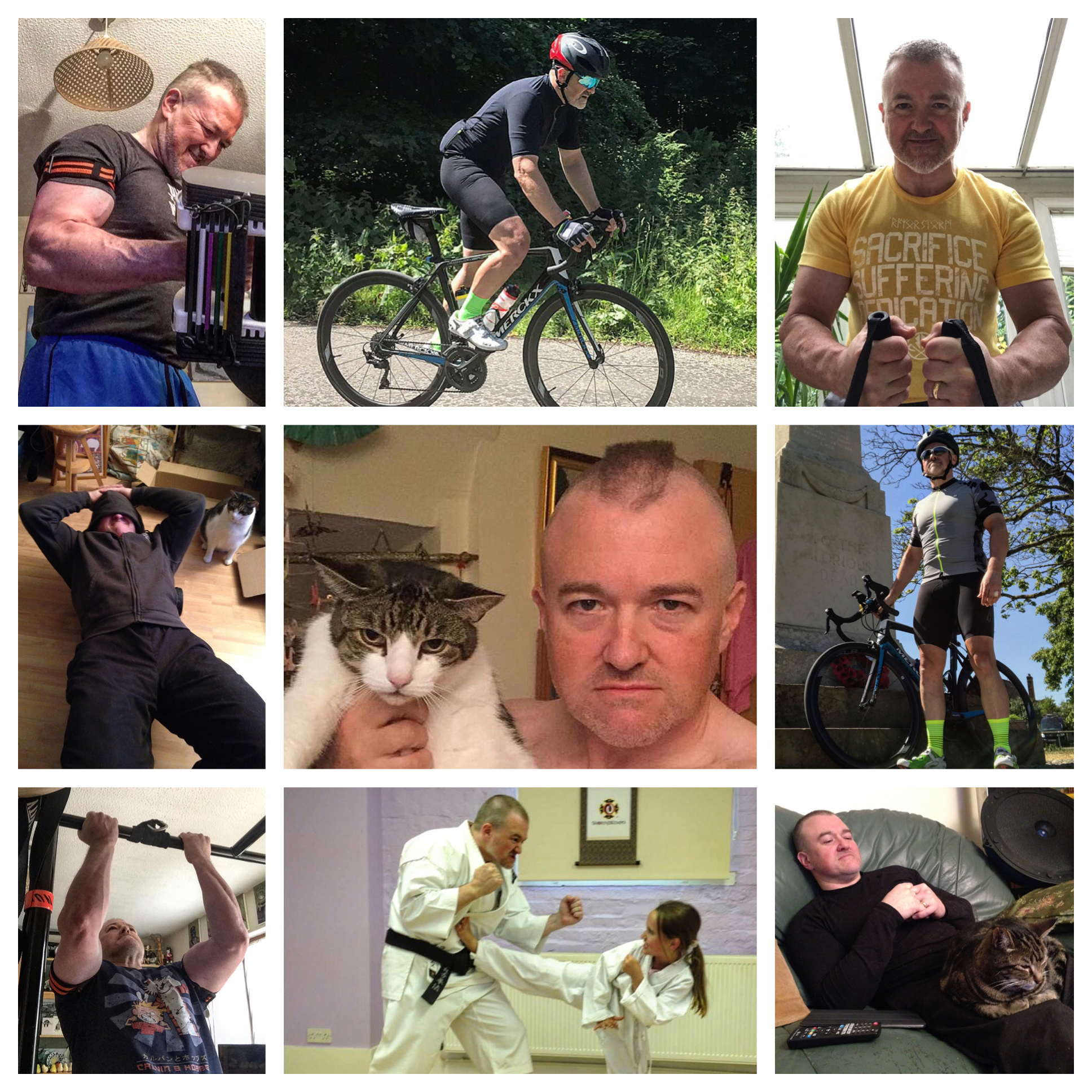


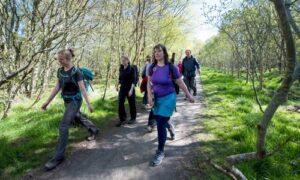
 Despite not being able to meet up for group walks during lockdown, many of the group’s members have stayed connected by sharing photos from their solo walks. As well as the physical benefits, being a part of a group like Stag Walkers has further advantages when it comes to mental health. Face-to-face contact and just being able to talk to a friend now and again is extremely important to help us remain happy and balanced, whatever the day throws at us. This is something the Stag Walkers group remained conscious of as the group's Chair, Rebecca Dawson, explains:
Despite not being able to meet up for group walks during lockdown, many of the group’s members have stayed connected by sharing photos from their solo walks. As well as the physical benefits, being a part of a group like Stag Walkers has further advantages when it comes to mental health. Face-to-face contact and just being able to talk to a friend now and again is extremely important to help us remain happy and balanced, whatever the day throws at us. This is something the Stag Walkers group remained conscious of as the group's Chair, Rebecca Dawson, explains:

 Sarah Banks of Banks’ Business Solutions provides outsourced support to sole traders and small businesses. She has been providing admin and marketing support to Body Mechanics for just over two years, so we know first hand how valuable getting support is.
Sarah Banks of Banks’ Business Solutions provides outsourced support to sole traders and small businesses. She has been providing admin and marketing support to Body Mechanics for just over two years, so we know first hand how valuable getting support is.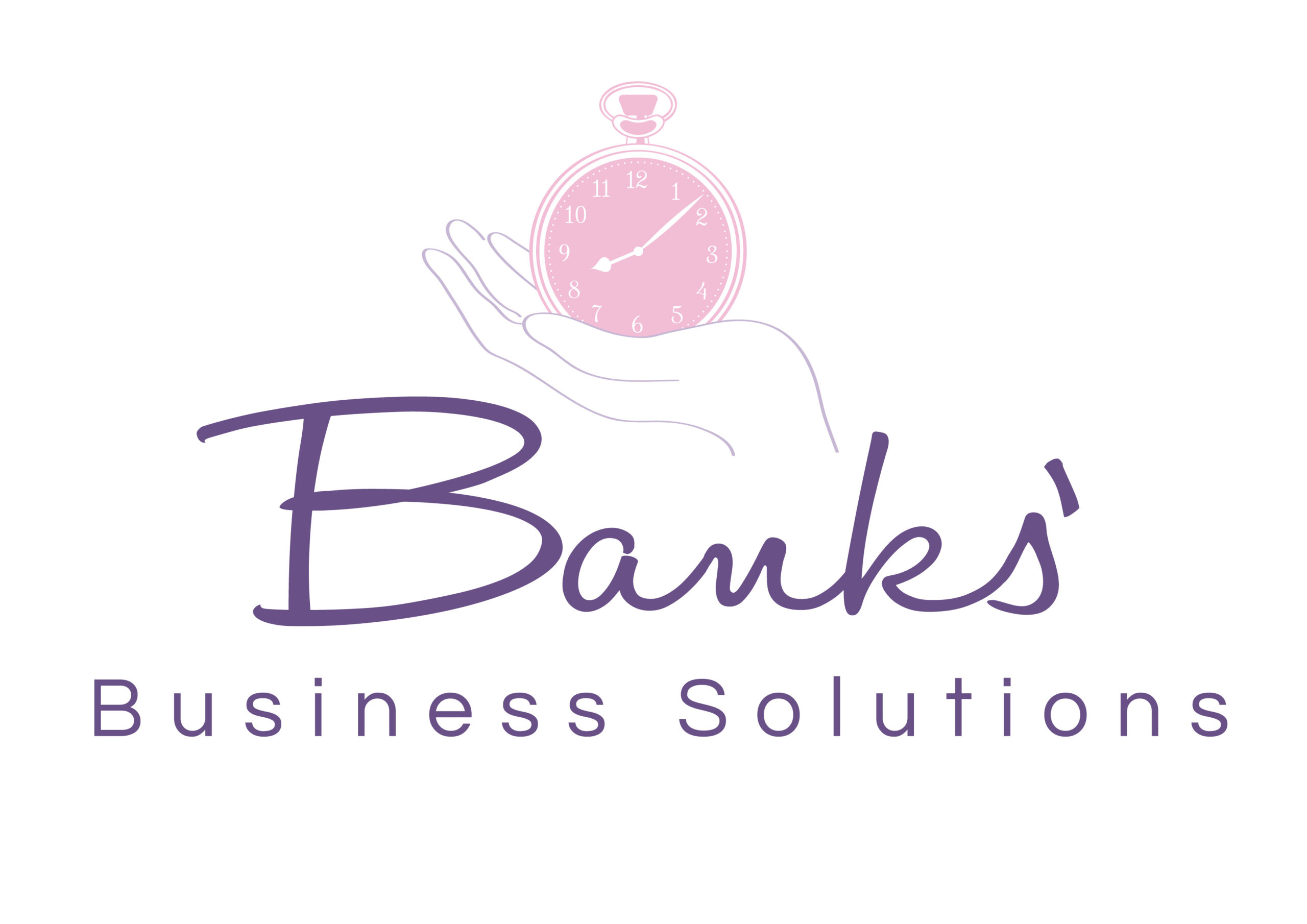 Contact Sarah if you would like to know more.
Contact Sarah if you would like to know more.

